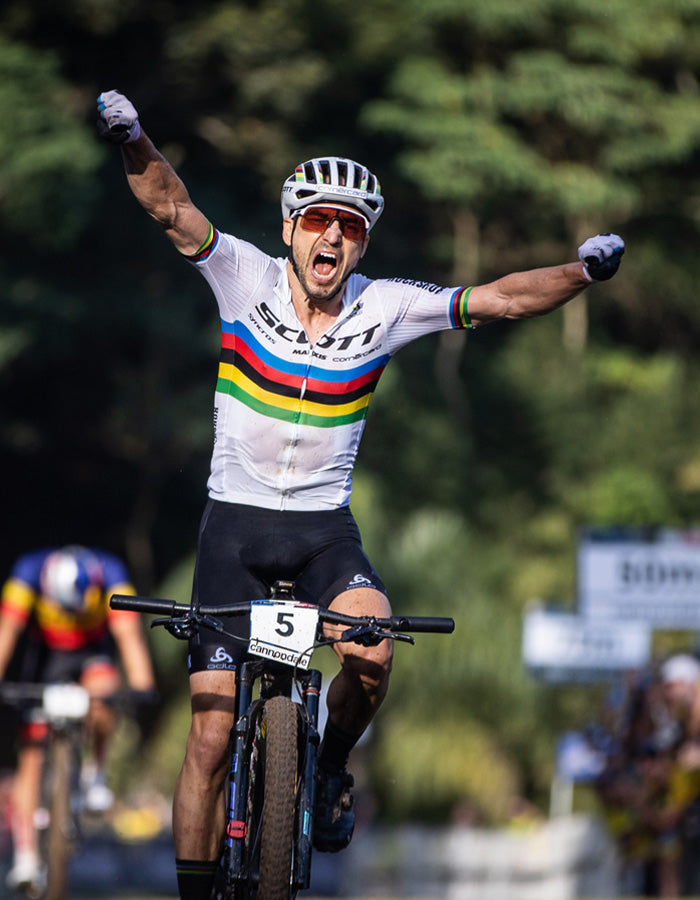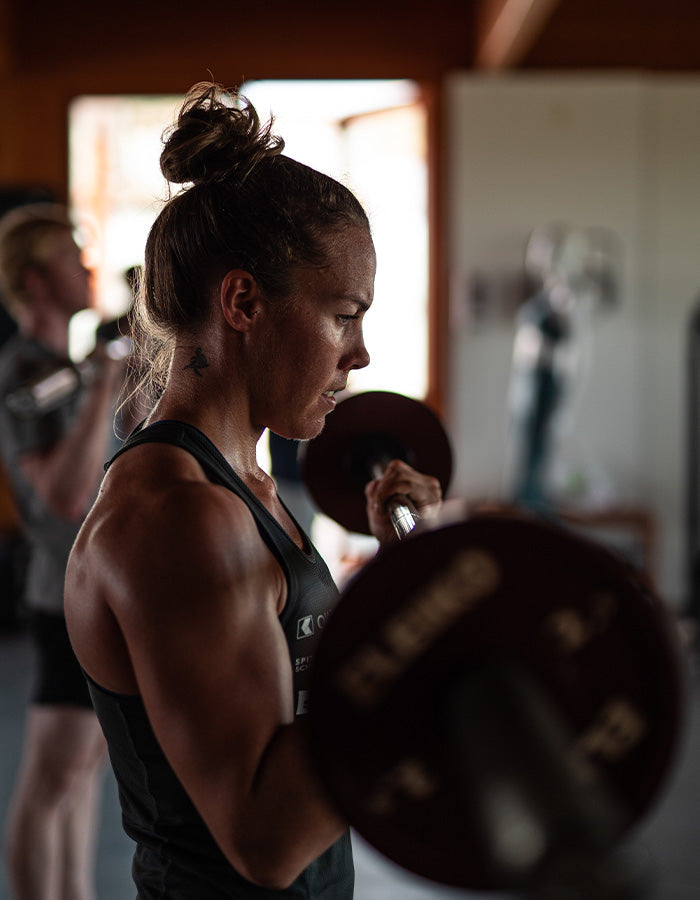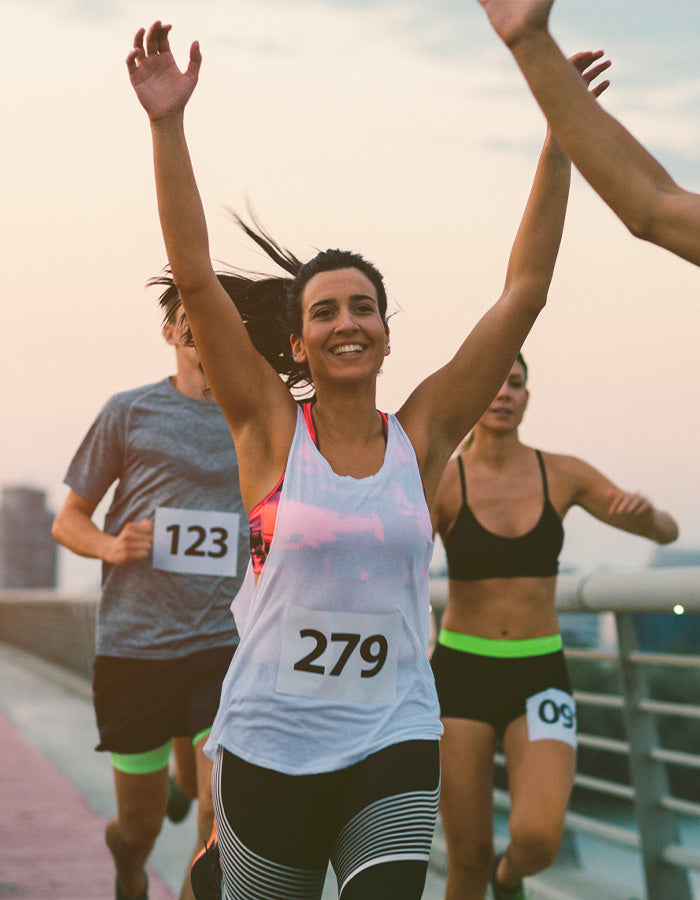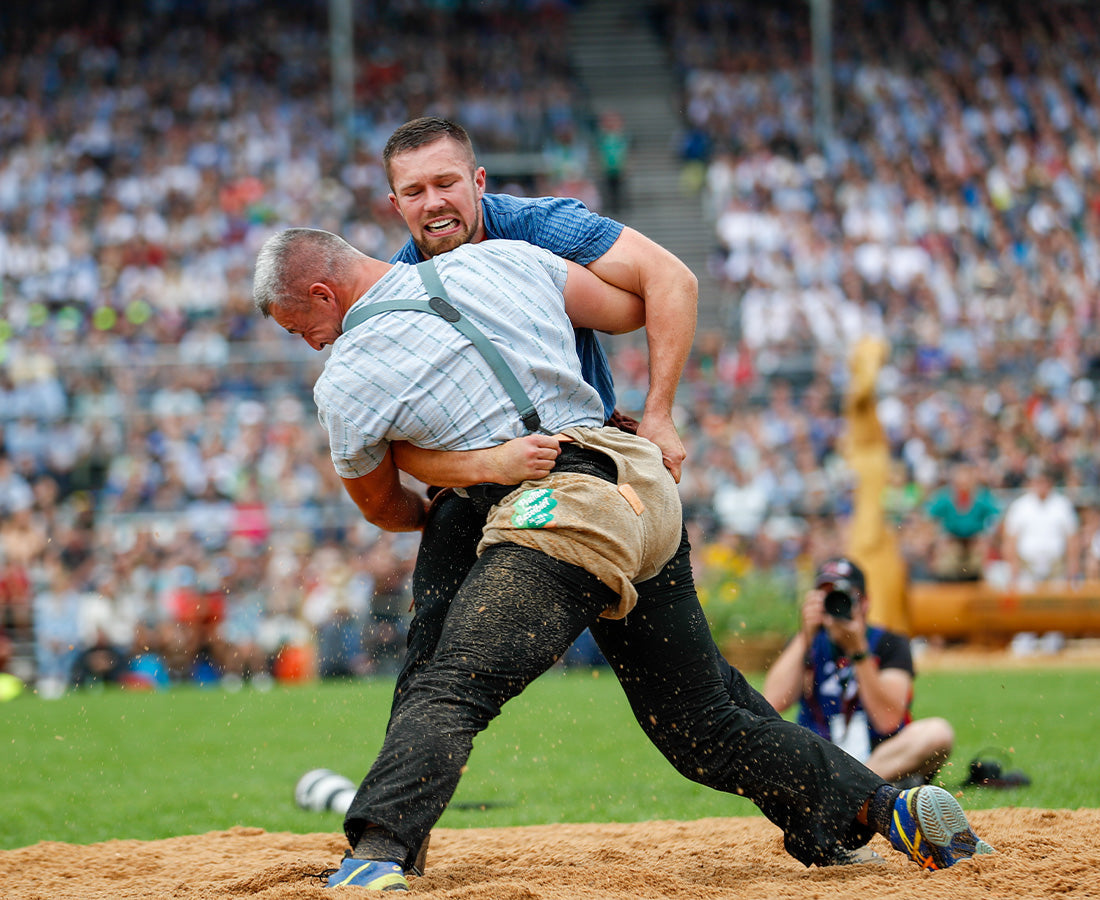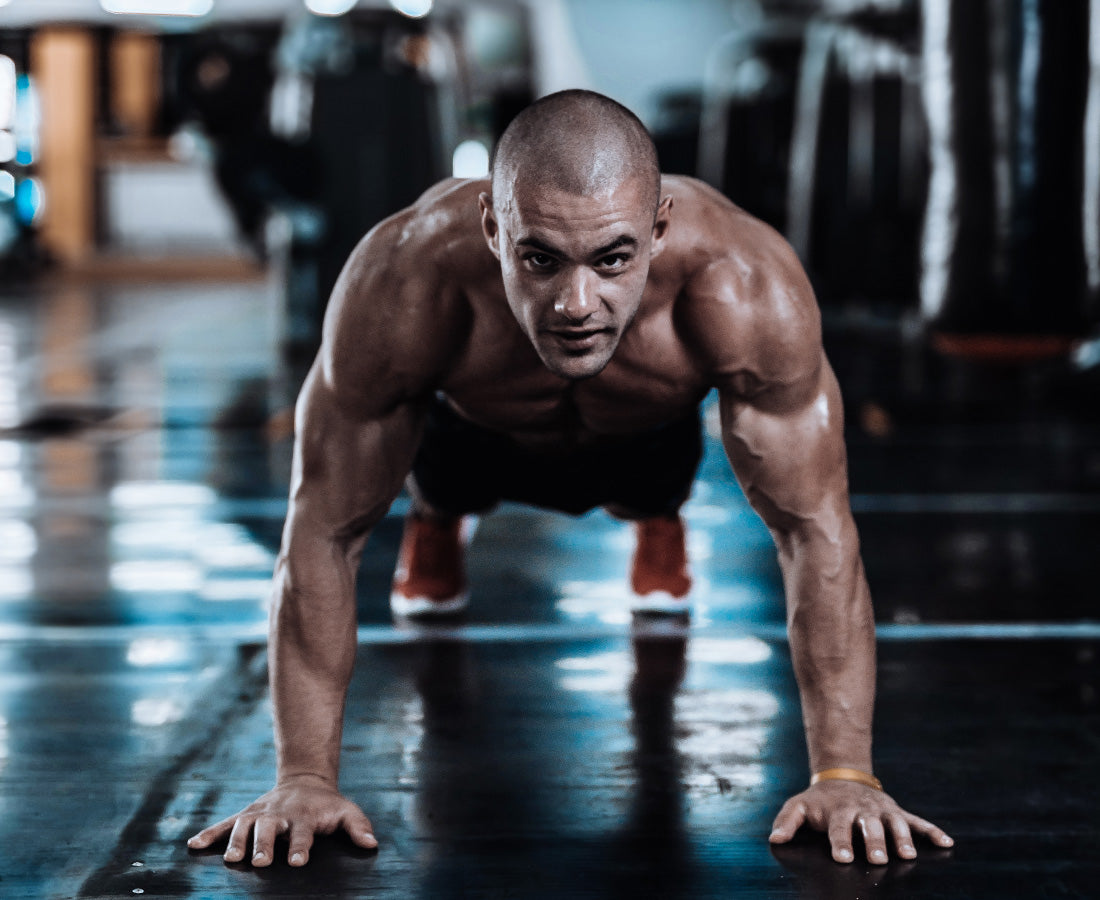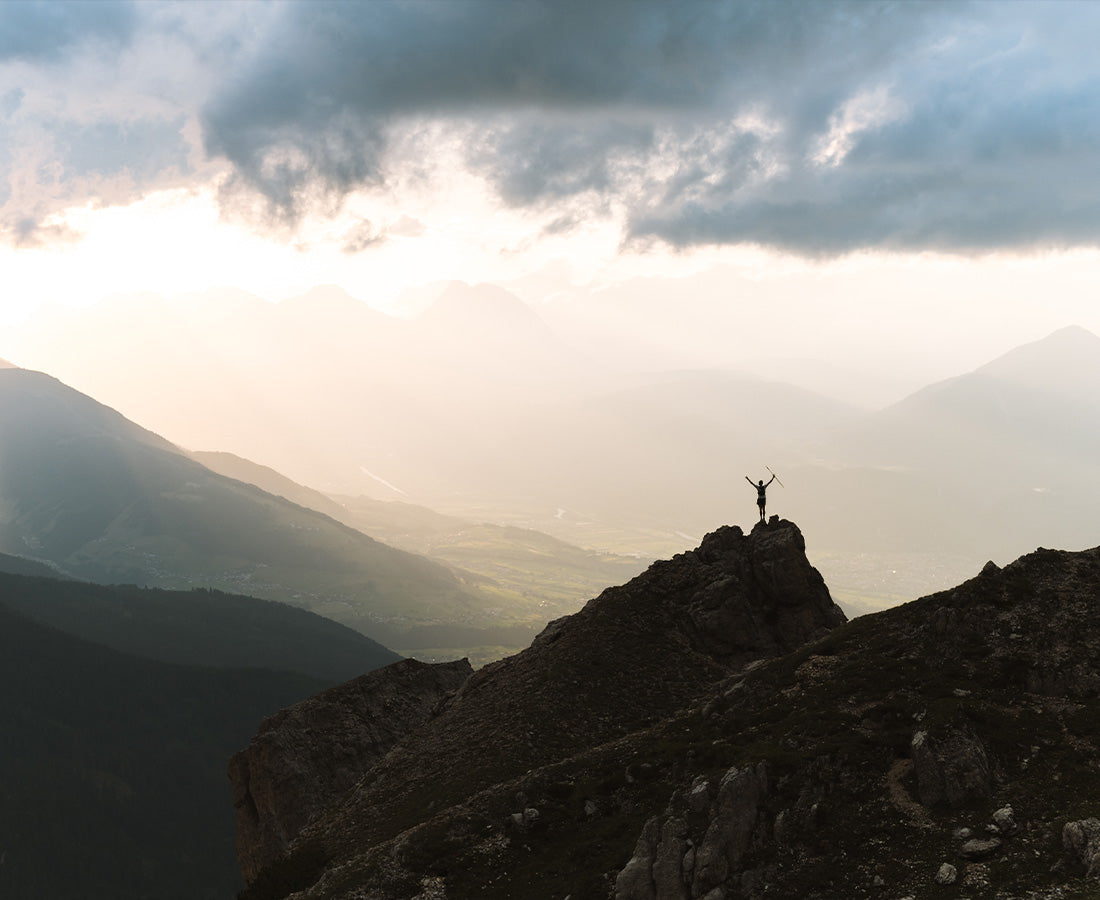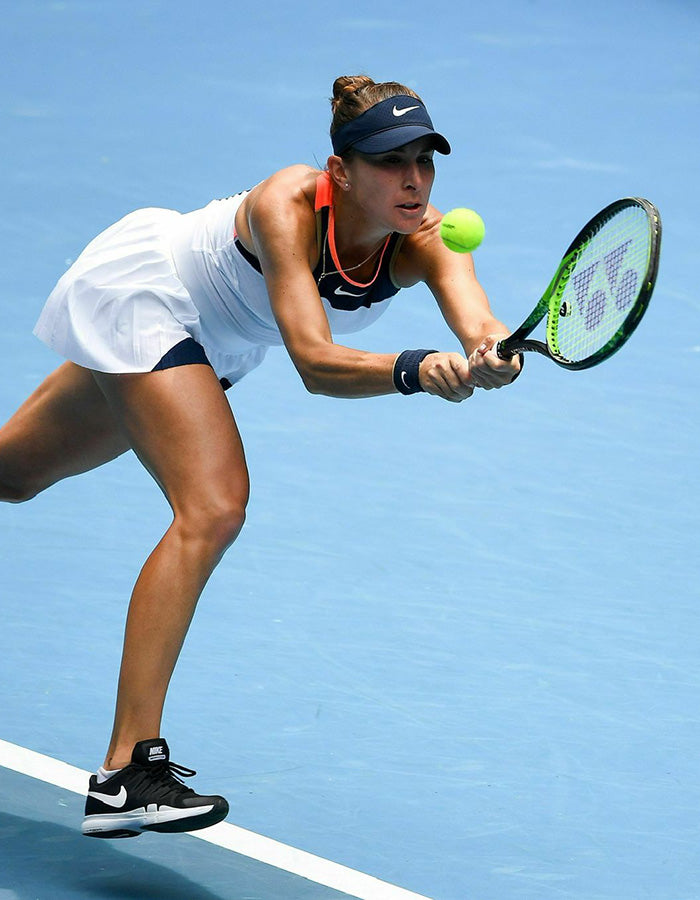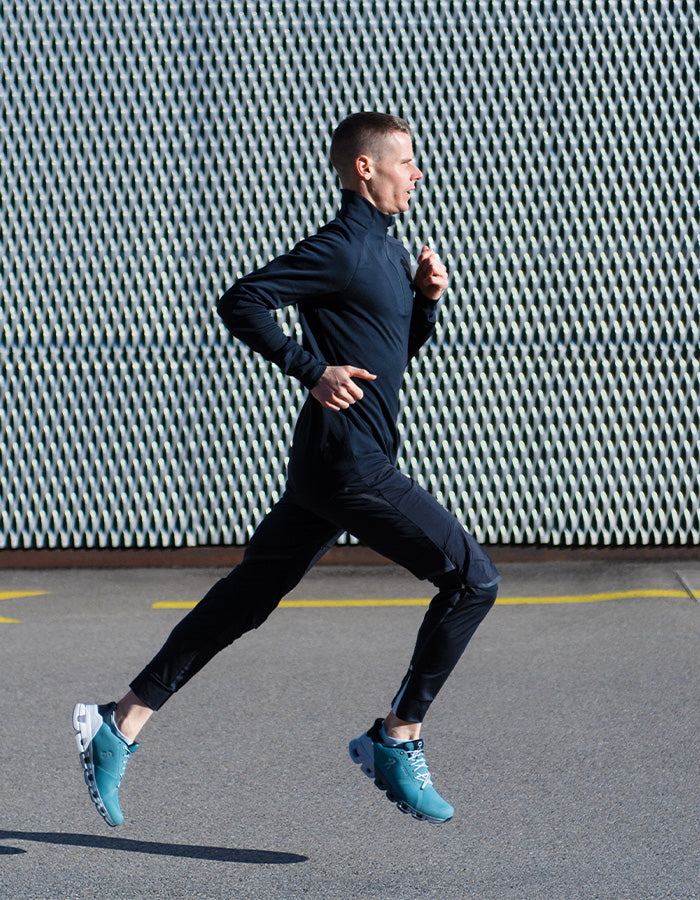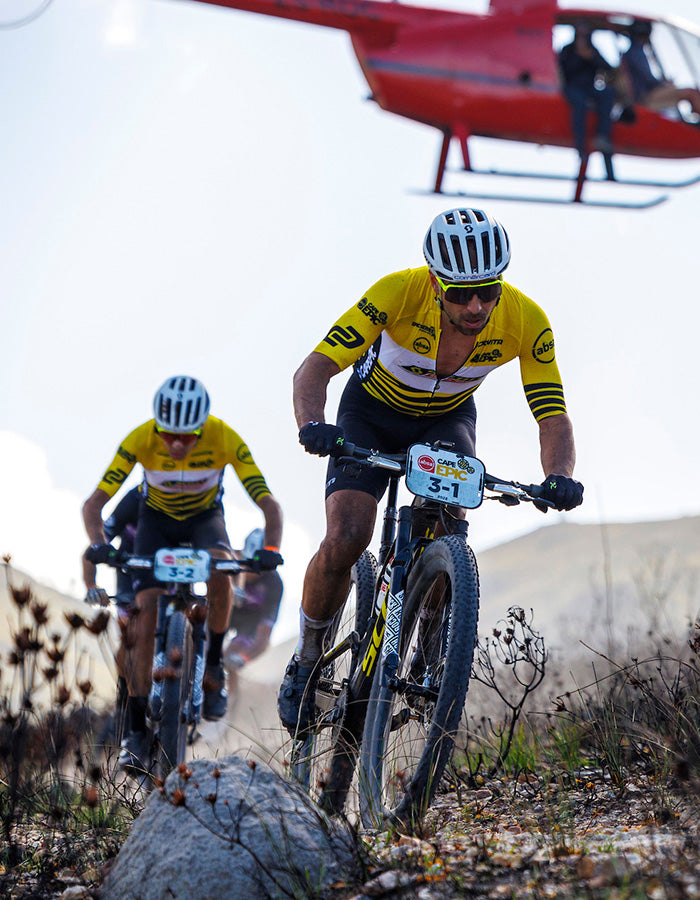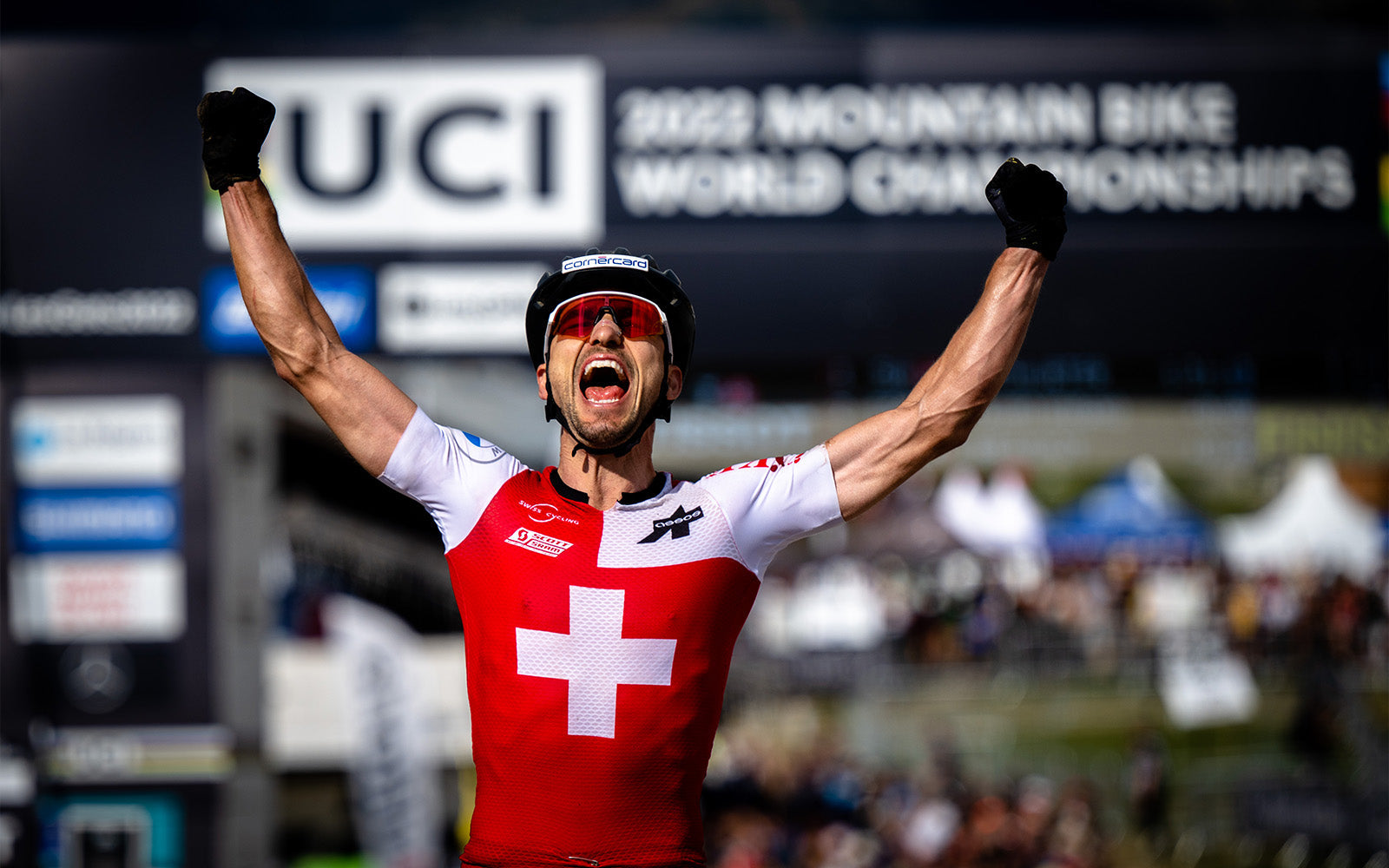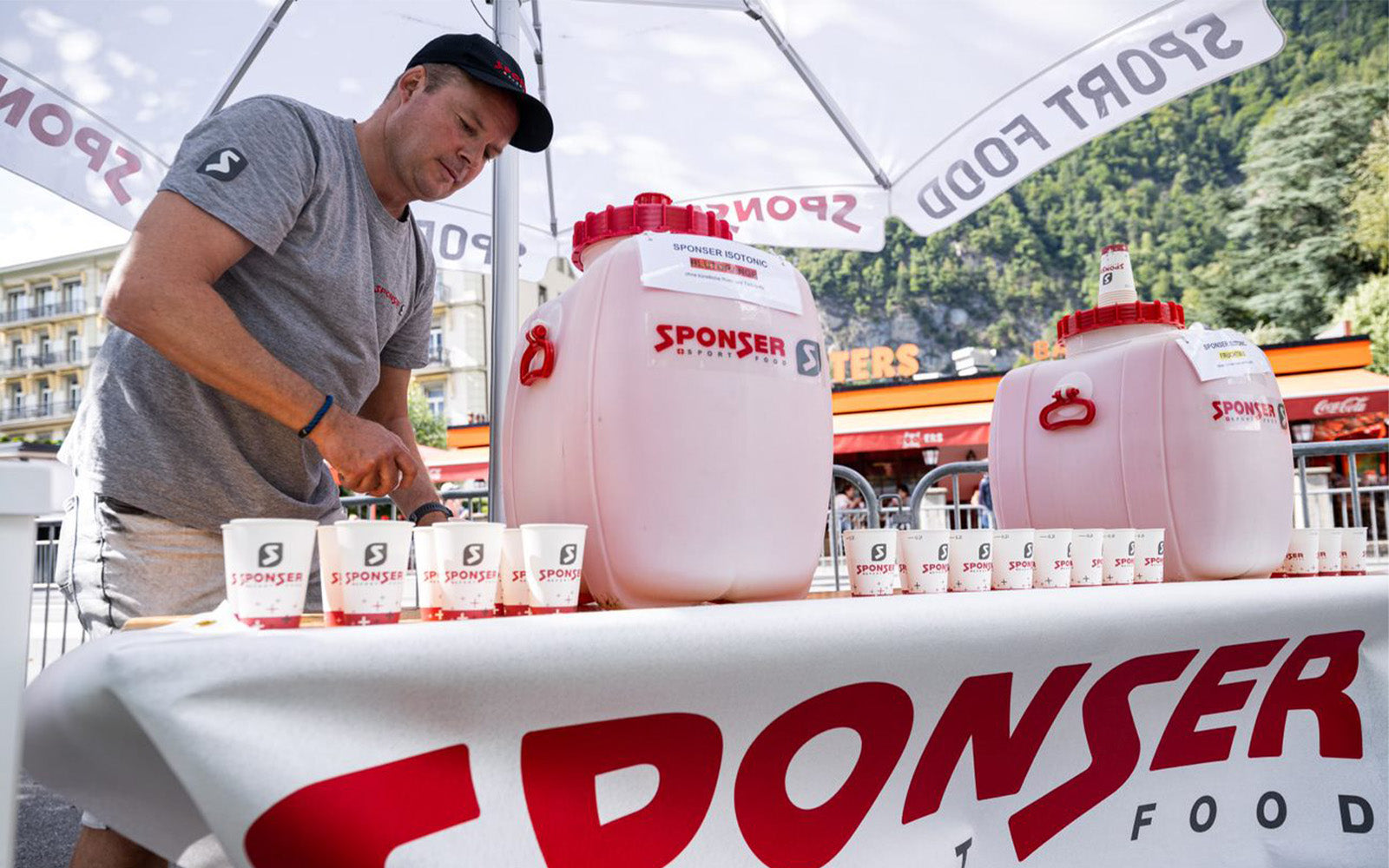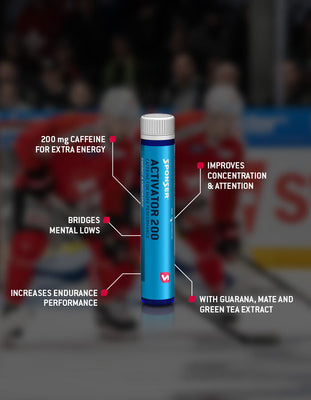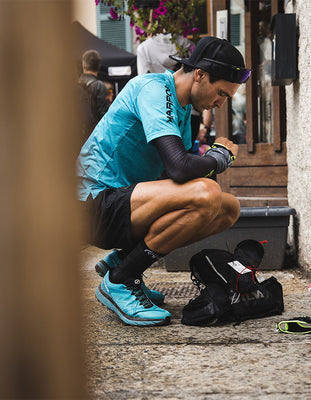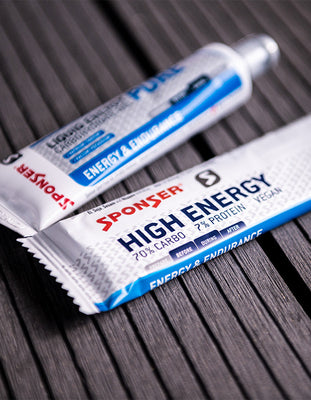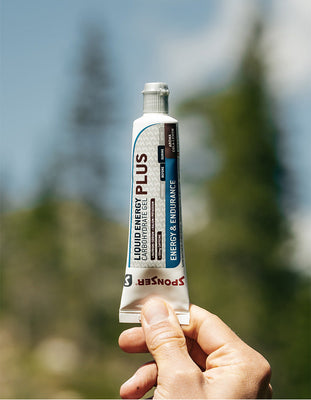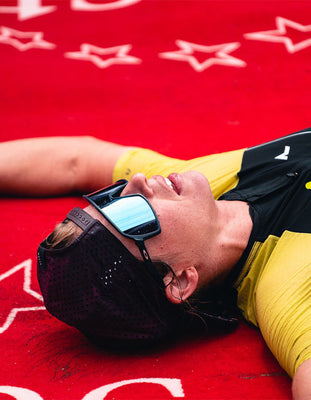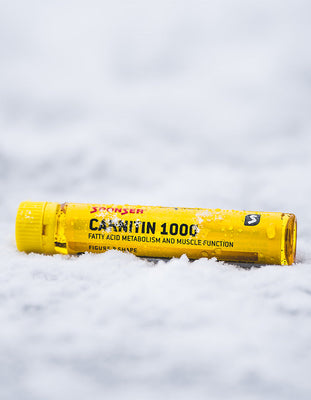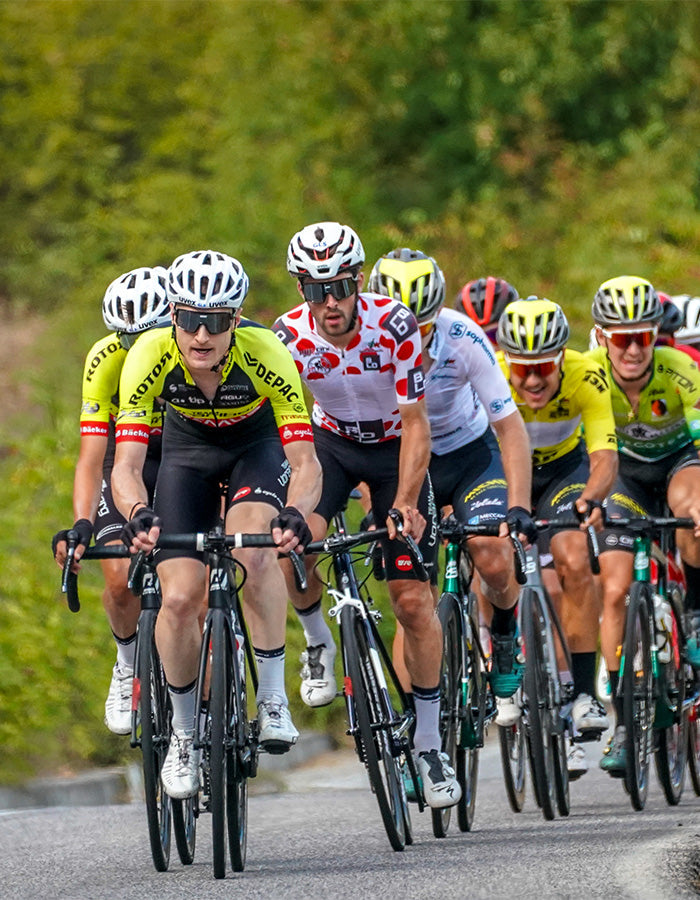
Photo credit: Lap.bg
Science confirms – again – efficacy in endurance sports
Many studies have already proven the ergogenic effect of caffeine in competition. The focus was usually on a performance duration of about one hour. However, caffeine can also noticeably improve longer endurance performances, as the scientists Talanian/Spriet have demonstrated.
Their study investigated whether late caffeine intake during exercise would also lead to a significant improvement in performance. 15 athletes underwent four times a 2-hour cycling test, followed by a time trial that lasted 30 minutes. After 80 minutes (i.e. 40 minutes before the time trial), the athletes took either 200 mg, 100 mg or a placebo product with 0 mg caffeine without knowing what dose they were given. The results speak for themselves: The athletes with the highest caffeine intake performed best in the time trial (26:36 ± 0:22), followed by the athletes with the low dose (27:36 ± 0:32) and the placebo intake (28:41 ± 0:38).
The graph prepared by Asker Jeukendrup illustrates the outcome very well: » Timing of caffeine intake in long races
Conclusion for endurance athletes
• Taking caffeine during exercise, about 40-60 minutes before the desired effect, improves performance during longer endurance activities.
• 200 mg caffeine proves to be more effective than 100 mg caffeine.
• It seems beneficial to take additional caffeine during competition if performance peaks are targeted later in the race.
• Here too, taking 200 mg of caffeine around 40-60 minutes before the «peak» is optimal.
Good to know
Despite all the positive effects, it must be emphasized that caffeine supplementation only has the desired effect, if the athlete can tolerate the caffeine intake well. The previously propagated «caffeine wash-out», i.e. the renunciation of all caffeine sources during 24 hours before the competition, has been partially refuted, but seems to depend on the individual as well.
Related articles
on » caffeine
on » performance optimisation
on » race nutrition
on » race preparation
shop » energy & endurance
goal » professional & competitive sports
Literature
Talanian/Spriet (2016): Low and moderate doses of caffeine late in exercise improve performance in trained cyclists. Appl Physiol Nutr Metab. 2016 Aug;41(8):850-5.
Author: Remo Jutzeler
Head R&D SPONSER SPORT FOOD
Ing. Applied Food Sciences UAS
MAS Nutrition & Health ETHZ

